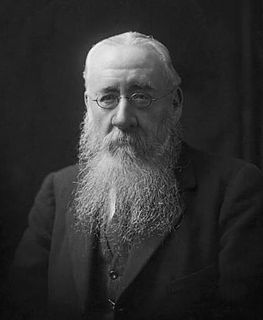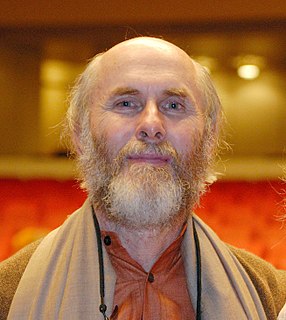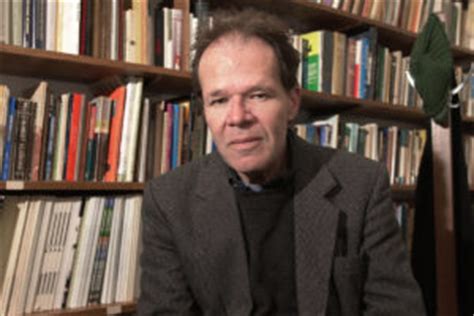A Quote by Anne Carson
I was more worn out with the "Odyssey" than it was with the "Iliad." I mean, just comparing those two - you can see how it's changing, how the language of the "Iliad" is somehow monstrously new - and that language of the "Odyssey" is more comfortable, even for us.
Related Quotes
Language designers want to design the perfect language. They want to be able to say, 'My language is perfect. It can do everything.' But it's just plain impossible to design a perfect language, because there are two ways to look at a language. One way is by looking at what can be done with that language. The other is by looking at how we feel using that language-how we feel while programming.





































